Story
We at The Aspinall Foundation are quite literally taking on our largest ever conservation challenge: flying 13 elephants - weighing 25 tonnes - more than 7,000 km across the globe to return individuals from this iconic species to their ancestral homelands.
This is the first time that a herd of elephants has ever been rewilded anywhere in the world. No elephant rewilding project of this scale has ever been attempted before.
We will work with the Kenya Wildlife Service to rewild an entire breeding herd of 13 African elephants, including 3 calves.
The elephants are currently located in a 8-acre enclosure at Howletts Wild Animal Park in Kent. The Howletts' elephant herd is one of the most successful breeding herds of elephants in Europe. They comprise two inter related families but our intention is to rewild them as one larger herd. Although they are receiving the best care possible, The Aspinall Foundation believes that these animals belong in the wild, and that no elephants belong in captivity.
Why we are doing it
Ensuring high animal welfare standards of elephants in captivity is a major challenge for zoos. Elephants in captivity don't live as long as their cousins in the wild. Female elephants live to half the age of their wild cousins. Elephants also don't breed well in captivity.
Rewilding captive elephants in this way will demonstrate what can be done to ensure elephants really thrive.
This will be the first time ever that a herd of elephants have been returned to Africa from Europe. We hope the spin-off effect will be that zoos no longer breed or trade in elephants globally.
Meet the herd
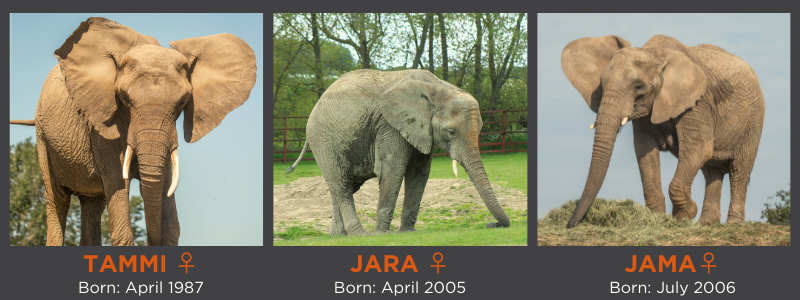
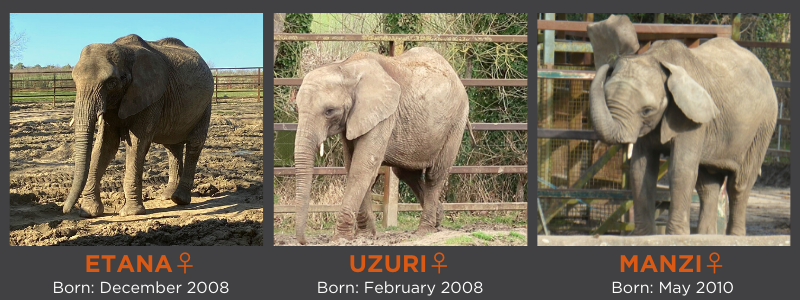
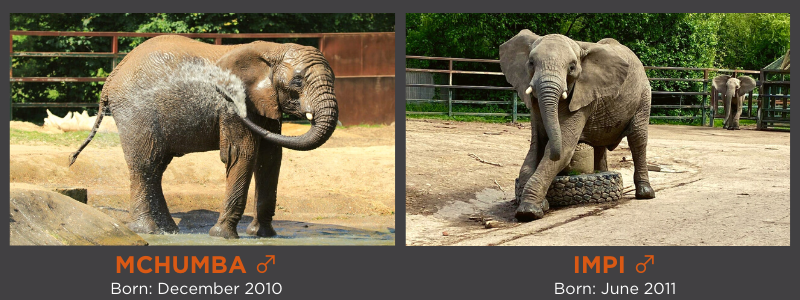
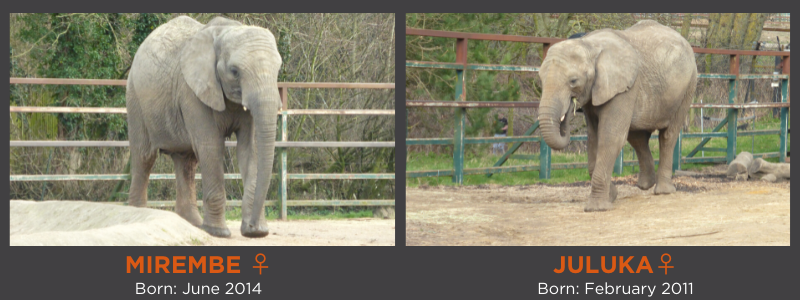
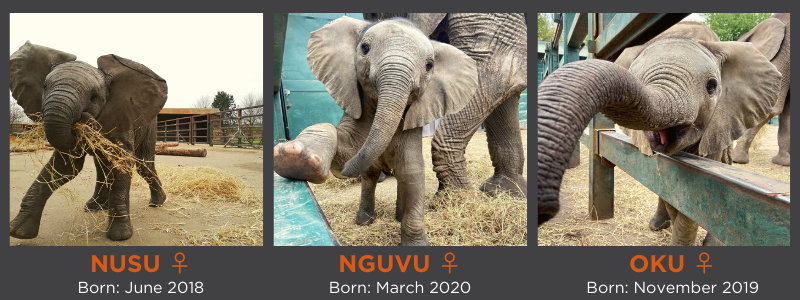
What are the risks?
There will be some new risks that the elephants did not face in captivity, but our experience of rewilding projects around the globe will help guide the animals transition.
How will you get them there?
Transport of the animals will be organised by us and our partner Kester Vickery of Conservation Solutions. They have successfully translocated over 100,000 animals and are arguably the best in the industry when it comes to large scale elephant translocations. There will be veterinary support throughout translocation. Crates have been constructed for the elephants. Each crate has been customised per specific elephant.
How do we know they will be able to cope in the wild?
While this is uncharted territory, we have reintroduced other animals into the wild very successfully. Just last year, we rewilded two cheetahs Saba and Nairo back to South Africa - another Aspinall Foundation world first.
 Campaign by
Campaign by